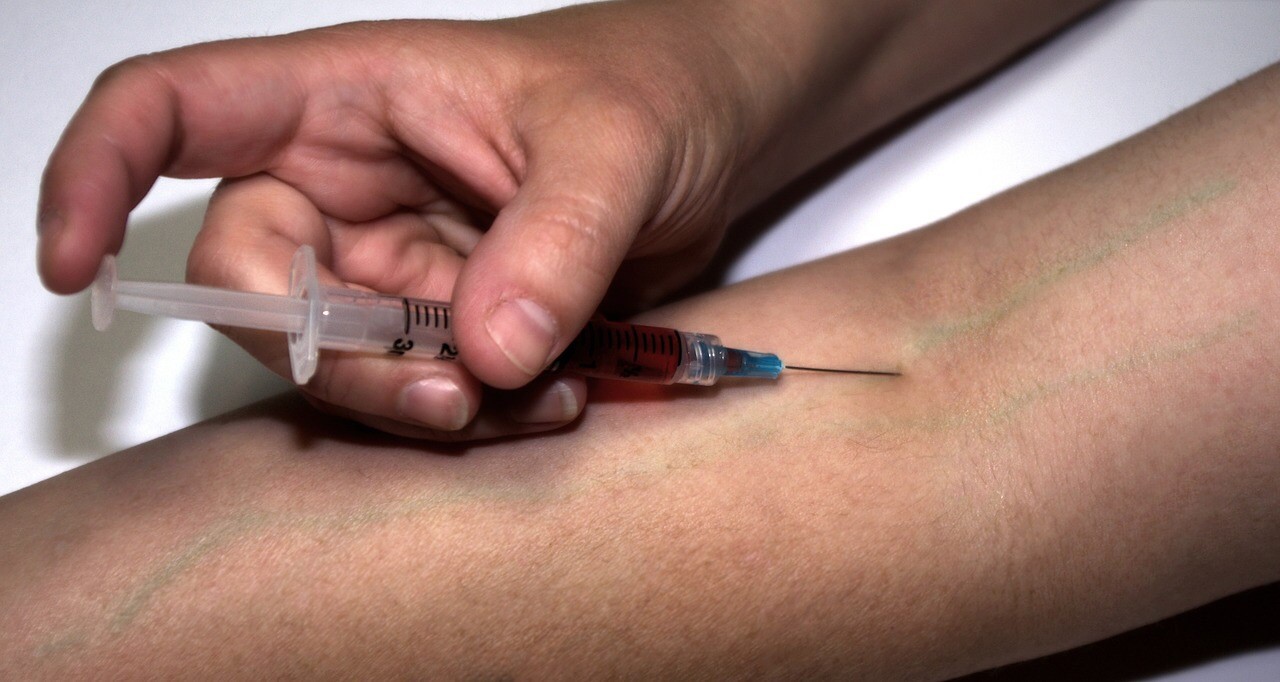Part 1 of a series of interviews with journalists looks at Ian Royall’s coverage of the campaign for a safe-injecting centre in Richmond. We’ve already highlighted Ian’s stories as exemplars. You can read some of his work on the topic here and here.
Ian, why was your coverage of the campaign for a safe-injecting centre so nuanced, as opposed to the usual NIMBY (Not In My Back Yard) stories we find in newspapers?
I went over there to Richmond a few times and spent a fair bit of time talking to people, experiencing what life was like in the neighbourhood. It’s not like I had to do weeks of undercover investigation, but it’s not till you go there that you actually see what people are living with. I spoke to [residents] Judy Ryan and Derek Troy-West. They were basically saying, ‘Build a safe-injecting centre at the bottom of my street. I don’t care – it’s got to be better than what’s happening now.’
A few key things they said to me really struck home. Judy said, ‘What we’re doing is not working’ and ‘We all make bad decisions in life… but most people get away with it.’ That’s true. When you’re in primary school and you’re thinking about what you want to be when you grow up, no one thinks: ‘a heroin addict’. It’s just through circumstance and dumb shit and mental health issues that they become stuck. Who are we to judge?
I just reported what I saw and what people said to me – journalism 101. I did make an effort to not use the word ‘junkie’ – I used the words ‘addict’ or ‘user’ because I felt we needed to change the conversation a little bit. The focus was how cheap heroin it had come and how people were dying, and what it was doing to residents. I know we’re not supposed to take an angle – just put both sides of the story – but I had trouble finding people who opposed a safe-injecting centre. You get the state opposition, saying this would be state-sanctioned drug use, or creating drug ghettoes, but I’m thinking, ‘how can it be worse than what it is now?
Were there conflicting articles in the Herald Sun?
We didn’t run too hard with opinion pieces. I think Tom Elliott wrote some [indeed he did – here’s ‘It’s madness to turn addicts into our heroes’ and ‘It’s weak to blame politicians for drug deaths’], but I don’t think there were too many. Most of the responses were in comments or letters to the editor. All credit to my editor, Damon Johnston, for going with it and not doing the normal ‘junkie shame on our beautiful streets’.
It was a very Herald Sun story in a way, in that we were saying heroin is $17 a hit, which is cheaper than a six-pack, but I didn’t beat it up – I played it fairly straight. In the following days the story was [Premier of Victoria] Daniel Andrews saying, ‘We’re not having safe-injecting rooms, it’s a very complex issue’, and then it rolled on from there.
I don’t know if we changed the public’s view or the State Government’s view. If you look at those stories I wrote, the old golden rule of ‘don’t read the comments’, 90 per cent of people were saying, ‘One bad batch of heroin would solve the problem’, or ‘Take a water cannon down Victoria Street’ – those sort of clichés. I’ve been told by parents, ‘It would be easier if my child had died in a car crash.’
I spoke to Loretta Gabriel, whose son Sam O’Donnell died of an overdose. She’s very articulate and normal, a good woman. I later realised that Sam used to briefly go out with my daughter, at the point that he was just getting into drugs. So then there was this strange personal connection, and you think, well, sliding doors – that could have been my daughter. I didn’t include that in my reporting, but I did think, that could have been my family dealing with that, like Loretta, for ten years. It’s a cliché, but this can happen to anyone.
How do we combat stereotypes in the media? The only accepted lived-experience narrative is of rock bottom and redemption.
The only other way it might happen is if they were the son or daughter or someone famous.
Like Harriet Wran?
Exactly. Or the son or daughter of a cabinet minister. That’s the only way you’d get to hear those stories. I do think the coroners also help change the conversation a lot. There were three Victorian coroners who, in their reports on heroin users in Richmond, called for the government to formalise a safe-injecting room. We all respect coroners, so they helped change the conversation a lot.
Or Richard Branson – someone with that kind of stature.
You need someone of profile to really come out and do it, but not many people will want to do that.
Interviewer:
Jenny Valentish, Freelance Journalist
Disclaimer: The author take full responsibility for the content of this article

